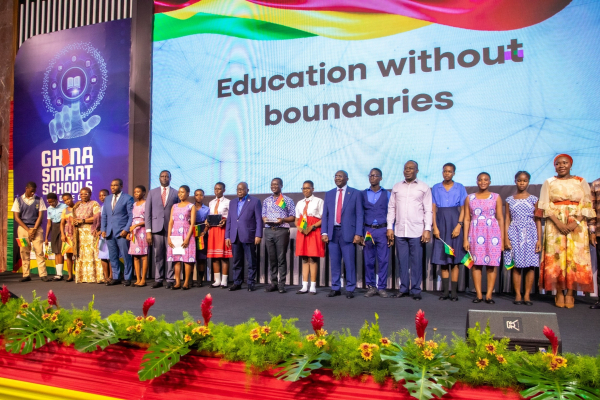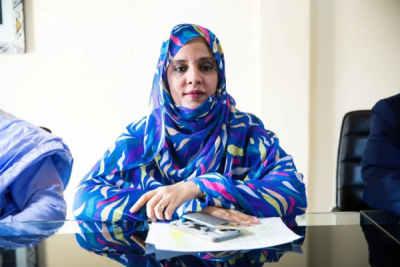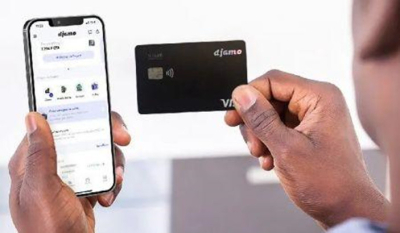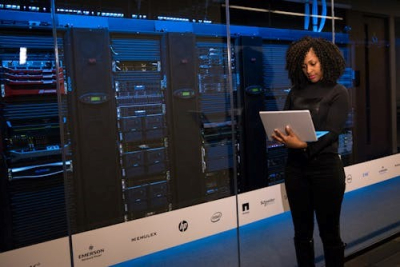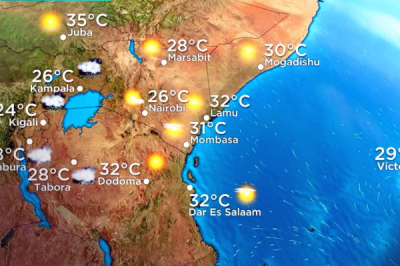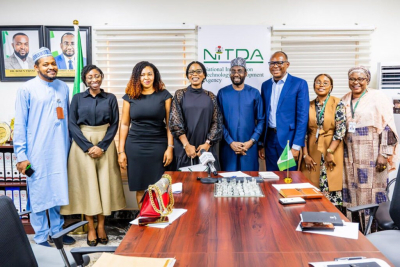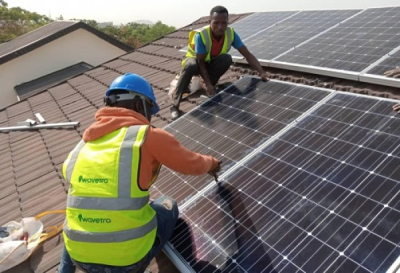Ghana has recently initiated a comprehensive digitization of its education system, an ambitious project aimed at equipping teachers, revamping infrastructure, and updating curricula to fully leverage the ongoing technological revolution.
Ghanaian President Nana Akufo-Addo officially inaugurated the “Smart Schools” project on Monday, March 25, a move aimed at enhancing e-learning and digitization in the country. The initiative includes the distribution of 1.3 million tablets to secondary school students across Ghana and the provision of teaching and learning management systems, digital learning content, and electronic devices to all upper secondary, technical, and vocational schools.
The government has also pledged to build 100 smart schools across the country’s 16 regions, providing a modern learning environment and digital-centric training. The first 30 schools are slated for completion by year-end, with the remaining 70 set to be finished within the next two years.
The project aligns with the National Digitisation Strategy and the Ministry of Education’s digitization program. In 2018, the Ministry of Education partnered with private entities to bolster this initiative. Additional measures to advance digital education in Ghana have been announced, including the training of 100,000 teachers in digital skills in 2022.
The government believes that this project will equip Ghana’s youth to fully engage in the fourth industrial revolution. For Education Minister Yaw Osei Adutwum, “the application of technology in education should improve student engagement, motivation, and teacher-student interactions.”
“We are committed to ensuring that by 2030, we build and upgrade education facilities that are child, disability, and gender sensitive and provide a safe, inclusive, and effective environment for all,” he added.
Samira Njoya


